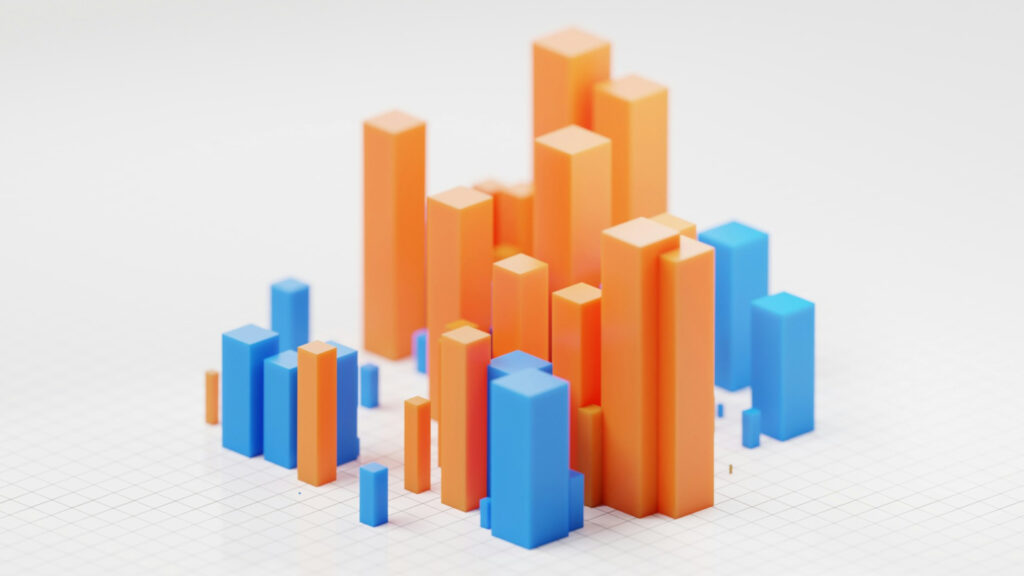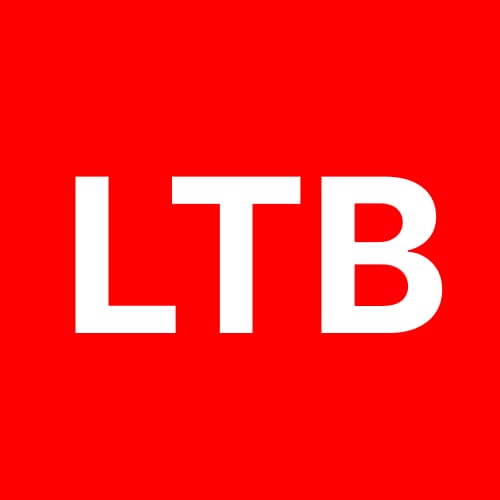
HOME / BLOG / STATISTICS
Customer Segmentation Statistics 2025: 92+ Stats & Insights [Expert Analysis]
- November 9, 2025
- Bill Nash
- 3:36 pm
Table of Contents
Adoption & Usage of Customer Segmentation
86% of companies say customer segmentation is essential for growth.
76% of marketers use segmentation in some form.
48% of companies segment customers primarily by demographics.
39% segment by behavioral data (browsing, buying habits).
34% segment by psychographics (values, personality, lifestyle).
27% of companies segment based on customer lifetime value (CLV).
52% of B2B companies use firmographic segmentation (industry, size).
41% of marketers use location-based segmentation.
29% segment based on funnel stage or buyer readiness.
65% of companies say their segmentation is still basic or incomplete.
Only 19% of organizations run advanced segmentation with predictive modeling.
22% of marketing teams update segmentation monthly.
44% update segmentation quarterly.
21% only update segmentation annually.
13% have not updated their segmentation in over a year.
68% say segmentation helps improve customer experience consistency.
32% of companies segment specifically for new product launches.
57% use segmentation to personalize email campaigns.
49% use segmentation to tailor website content.
35% use segmentation to personalize pricing or offers.
ROI & Performance Impact
Companies that use advanced segmentation see 2–3x higher conversion rates.
Personalized campaigns increase engagement by 56% on average.
Segmented email campaigns drive 14% higher open rates.
Segmentation leads to 10%–20% improvement in customer retention.
Companies with segmentation see an average 12% lift in revenue.
Customer lifetime value increases by about 22% when segmentation is optimized.
Segmented remarketing ads reduce acquisition cost by 18%.
Sales teams using segmentation close deals 30% faster.
Segmentation improves marketing ROI by 28% on average.
Relevant product recommendations increase repeat purchase rate by up to 40%.
Tailored promotions result in 1.7x higher basket value.
Personalized onboarding reduces churn by 22%.
B2B businesses using account segmentation increase deal size by 16%.
Segmented loyalty programs improve membership engagement by 35%.
Personalization based on segmentation increases website conversion rates by 23%.
Segmentation & Customer Experience
73% of consumers expect brands to understand their needs.
61% feel frustrated when marketing is not tailored to them.
45% of customers are more likely to buy when messaging matches their persona.
58% prefer brands that tailor offers to their interests.
33% will switch to competitors if personalization is poor.
69% of online shoppers expect personalized product recommendations.
54% of consumers are willing to share personal information for better personalization.
37% unsubscribe from emails that feel irrelevant.
26% will abandon purchases if marketing is generic.
Customer satisfaction scores increase by 18% with segmentation-based messaging.
Behavioral Segmentation Insights
61% of marketers segment based on purchase history.
47% segment based on frequency of interactions.
41% use browsing history to shape product recommendations.
35% target segments based on cart abandonment behavior.
29% create segments using search queries.
52% of eCommerce brands separate high-value repeat buyers from one-time buyers.
Predictive behavior models reduce churn by up to 34%.
Time-of-day interaction segmentation boosts email performance by 9%.
Trigger-based segmentation improves remarketing conversion by 38%.
Lapsed customer segmentation improves reactivation rates by 25%.
Psychographic Segmentation Insights
33% of brands use lifestyle-based segmentation.
29% use personality-based segmentation.
24% segment based on shared beliefs or motivations.
Psychographic segmentation increases brand affinity by 19%.
Value-based targeting improves long-term loyalty by 27%.
Lifestyle segmentation increases upsell success by 14%.
Brands that align messaging to customer identity see 3x emotional loyalty.
Demographic Segmentation Insights
62% of companies segment by age.
59% segment by gender.
51% segment by income range.
43% segment by education level.
37% segment by household size or status.
Age-based targeting increases relevance perception by 21%.
Income-based offer segmentation lifts conversion by 18%.
Firmographic (B2B) Segmentation Insights
71% of B2B companies segment prospects by industry.
64% segment by company size or employee count.
52% segment based on revenue tier.
36% segment by technology adoption level.
Industry-specific messaging increases response rates by 31%.
Segmenting targets by maturity stage shortens sales cycles by 11%.
Geographic & Cultural Segmentation
50% of marketers adjust campaigns by region.
43% localize for language or slang differences.
38% personalize offers based on climate and seasonal needs.
Geo-targeted campaigns drive 2.5x higher relevance.
Localized product imagery improves trust by 17%.
Channel-Specific Segmentation
Email segmentation improves click-through rates by 13%.
SMS segmentation boosts open rates by 44%.
Segmented push notifications increase app engagement by 27%.
Social audience segmentation increases ad efficiency by 31%.
Segmented chatbot flows improve resolution satisfaction by 18%.
Personalized landing pages lift conversion rates by 26%.
Technology & Tools
63% of marketers use CRM systems to segment audiences.
48% use marketing automation tools for segmentation.
33% use CDPs (Customer Data Platforms) to unify segmentation.
28% integrate segmentation with predictive analytics tools.
AI-driven segmentation reduces data processing time by 40%.
Real-time segmentation increases message responsiveness by 21%.
Challenges in Segmentation
59% say their segmentation lacks enough behavioral data.
47% struggle to integrate segmentation across tools.
42% say segmentation is limited by poor data quality.
34% say segmentation is too static and becomes outdated quickly.
29% have difficulty aligning segmentation with sales.
26% lack internal expertise to run advanced segmentation.
21% say segmentation insights are not used consistently.
Only 16% feel their segmentation strategy is fully optimized.
Ready to Grow Your Business?
At Marketing LTB, we specialize in helping businesses like yours thrive online. From strategic digital marketing and branding to web development and social media management, we offer the tools and expertise to elevate your brand and drive real results.
Let’s build something amazing together, get in touch with us today!

About Marketing LTB
Marketing LTB is a full-service marketing agency offering over 50 specialized services across 100+ industries. Our seasoned team leverages data-driven strategies and a full-funnel approach to maximize your ROI and fuel business growth. Discover how our expertise can drive revenue for your business>

About the author, Bill Nash
Bill Nash is the CMO of Marketing LTB with over a decade of experience, he has driven growth for Fortune 500 companies and startups through data-driven campaigns and advanced marketing technologies. He has written over 400 pieces of content about marketing, covering topics like marketing tips, guides, AI in advertising, advanced PPC strategies, conversion optimization, and others.
